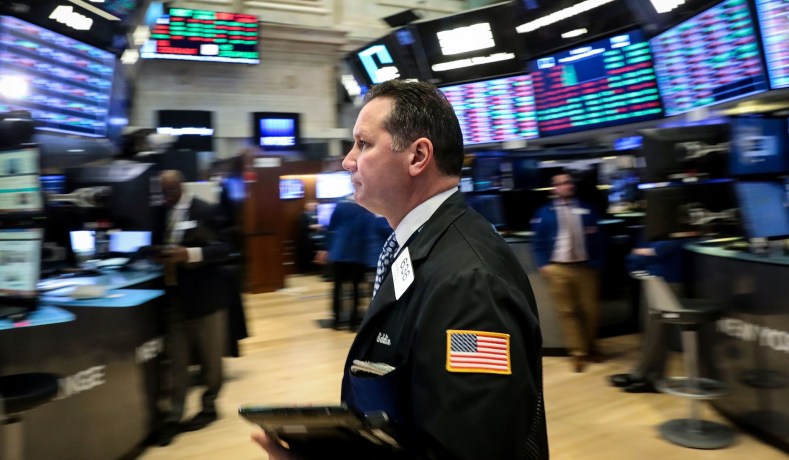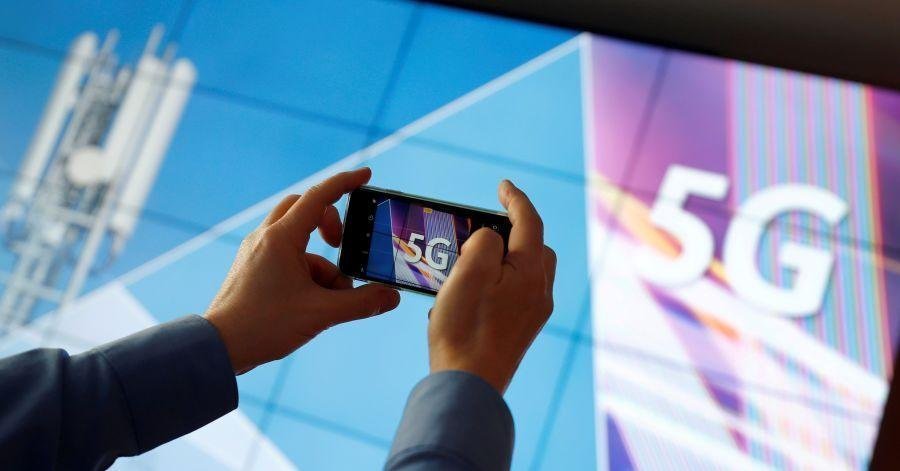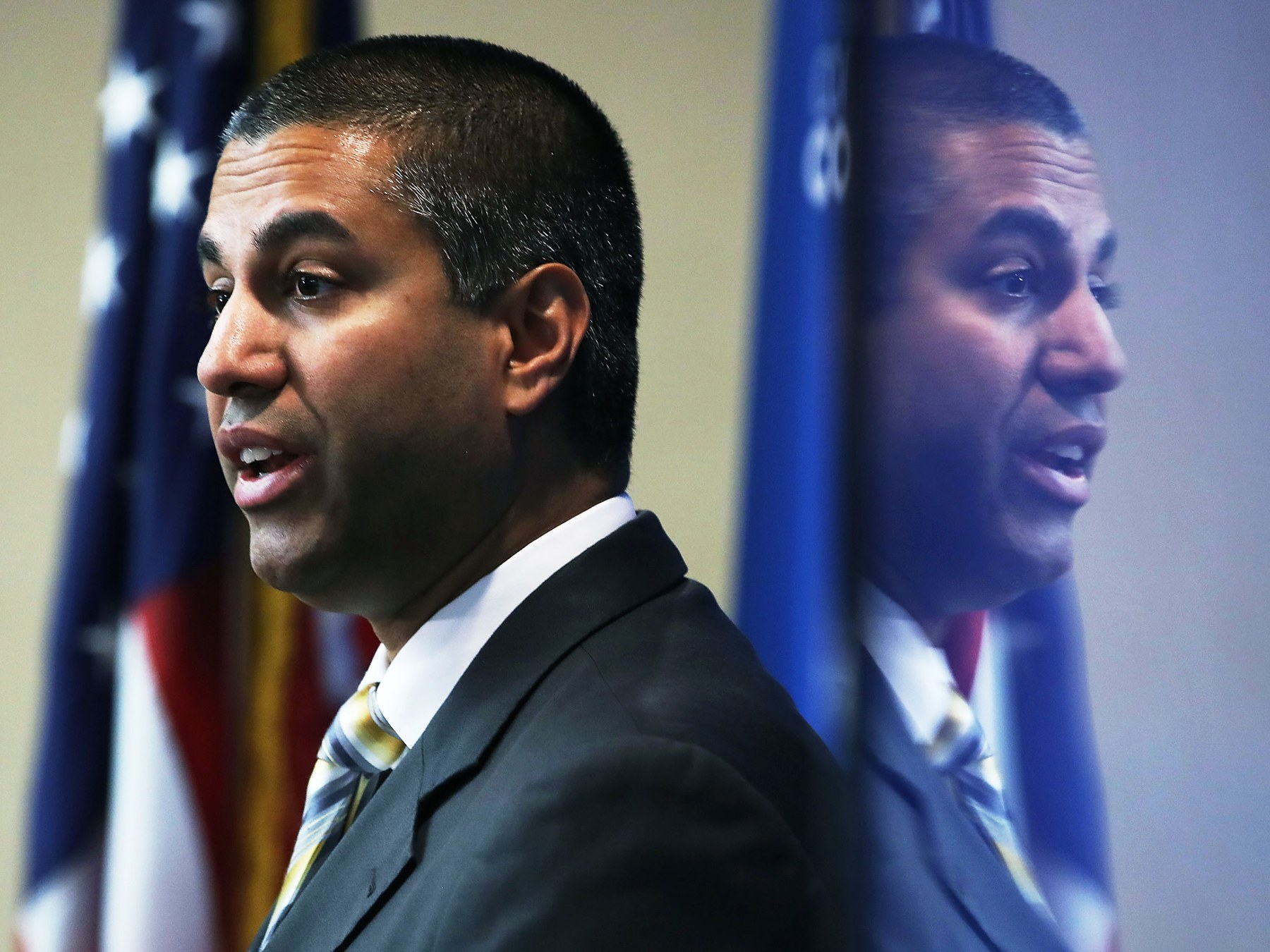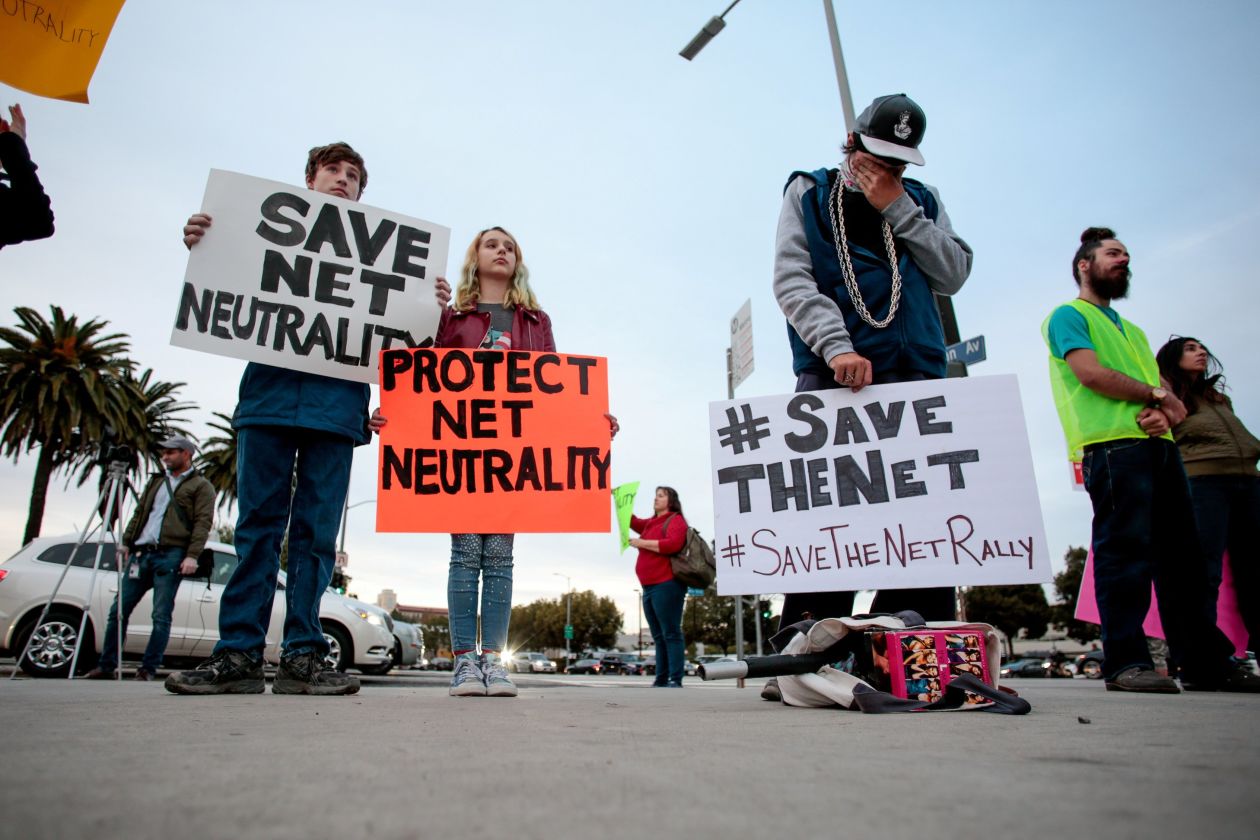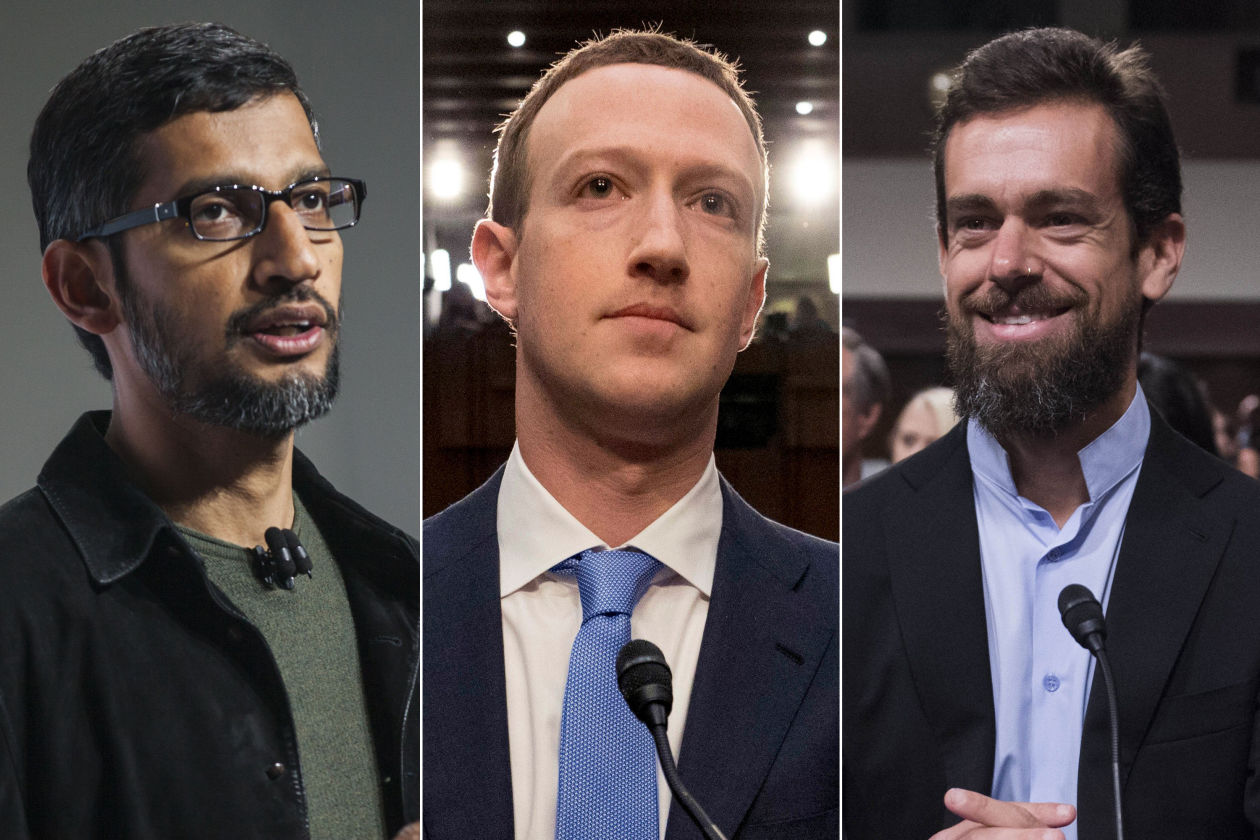|
27 Jun 03 | Author Doug Moe Originally published by The Capital Times – see article here. LAST WEEK, Steve Heins, 58, was in Madison lobbying state government as part of his duties with the Orion Lighting & Energies Services company of Plymouth. Heins took time out to visit a bookstore and buy a copy of a hot new book, “Stealing Time: Steve Case, Jerry Levin, and the Collapse of AOL Time Warner,” by Washington Post reporter Alec Klein. “It’s a great read,” Heins was saying Thursday. The book is selling well and getting good reviews, but it’s also possible that Heins is a bit biased. After all, he’s in the book, in a small but key role, telling anyone who would listen — including the Federal Communications Commission and Federal Trade Commission, which did listen — what was wrong with the original AOL Time Warner merger plan. “AOL and Time Warner had just messed with the wrong guy,” is how Klein writes it in “Stealing Time.” Klein describes Heins as “a sleeping giant.” Originally from Oshkosh, this self-described “aging flower child” spent eight years in the restaurant business in Madison in the 1980s. Heins then spent seven years on Wall Street working for an investment banking firm before coming back to Oshkosh as marketing director for NorthNet, a small Internet service provider. Heins was working for NorthNet when plans for the AOL Time Warner merger were announced. He paid particular attention to the part of the announcement pledging that Time Warner’s cable network — second largest in the United States — would be available to other Internet service providers beyond AOL. Heins knew enough about the Internet-cable potential that UW cable guru Barry Orton invited him on some panel discussions of the issue. As Klein writes in his new book: “Heins, like many other Internet providers, wanted to get access to Time Warner’s cable lines. They were faster than telephone lines. Cable represented the future of the Internet, offering a more robust delivery system.” In March 2000, Heins drove from Oshkosh to the nearest Time Warner office, in Appleton. He told the receptionist he was there to take Mr. Case and Mr. Levin up on their kind offer of access to Time Warner cable lines. The receptionist gave Heins the bum’s rush, barely accepting his business card. “Have someone call me,” Heins said. No one did. Not for nothing was Heins a marketing director. He began to contact consumer advocate groups in Washington along with reporters who were covering the proposed AOL Time Warner merger. One of them was Alec Klein of the Washington Post. “I was his Deep Throat for about six months,” Heins said. His message: Case and Levin are not being truthful about open access in this merger. Meanwhile, Heins had contacted Time Warner’s mother ship in Connecticut, and received an application for access to the cable lines. In exchange for use of the cable lines Time Warner was asking 75 percent of an Internet service provider’s subscriber fee revenue and 25 percent of any other revenue. So much for “open access.” Heins wound up making several trips to Washington, meeting with staffers from the FCC and FTC. There was little doubt that the merger would go through, but it’s also undeniable that Heins’ lobbying, along with his prodding reporters to publicize consumer concerns, had an impact. At one point the FCC asked him: What would you do differently? Can you provide us a business plan that includes open access? “I had it to them in two days,” Heins recalled. “Around Washington it is known as The NorthNet Manifesto.’ ” The eventual merger, the largest in U.S. history and approved in January 2001, required at least three competing Internet providers to have access to Time Warner cable, and set up a trustee to monitor it. Heins said, “When the FCC issued their approval and consent order, I was cited nine times. Microsoft was cited four times.” Of course, not even Heins could have predicted that the merger would be the debacle it has become, with billions in losses, mass resignations and ongoing government investigations. But he knew enough. “AOL was ethically challenged,” he said Thursday. “I followed it like a religion from my little office in Oshkosh.” Now that office is in Plymouth, though Heins gets to Madison once a week to talk to legislators. He’s thinking of writing his own memoir of his role in the AOL Time Warner merger. “I consider myself a blizzard of one,” Heins said. Not a bad book title, when you think about it. Heard something Moe should know? Call 252-6446, write PO Box 8060, Madison, WI 53708, or e-mail dougmoe@madison.com. |
|
|
COPYRIGHT 2009 Capital Newspapers |



